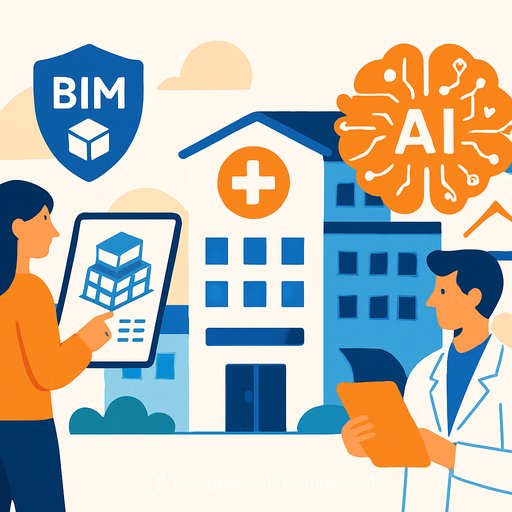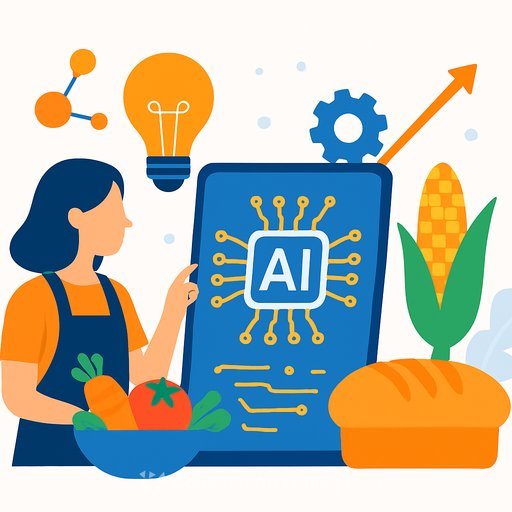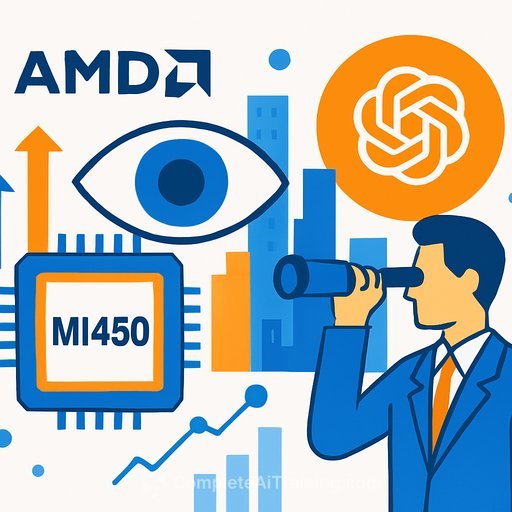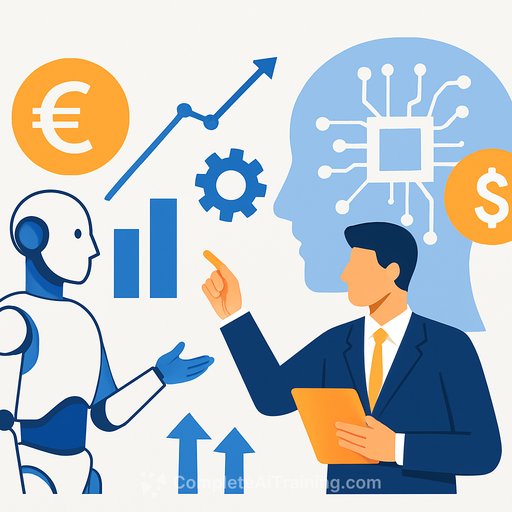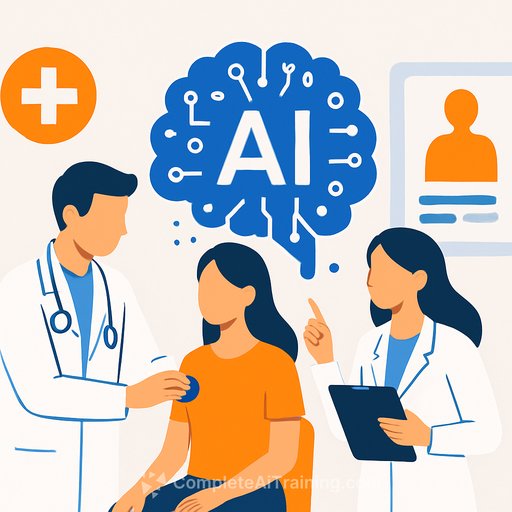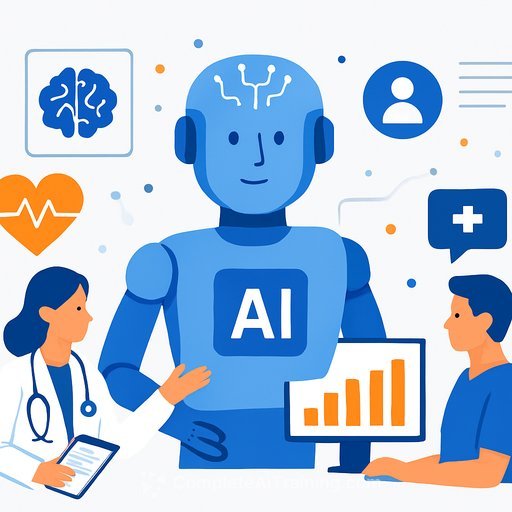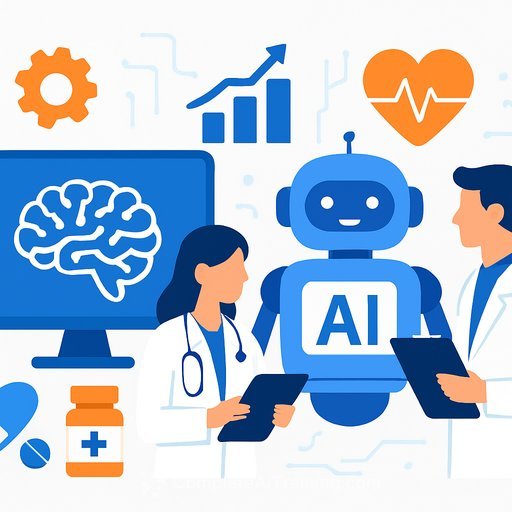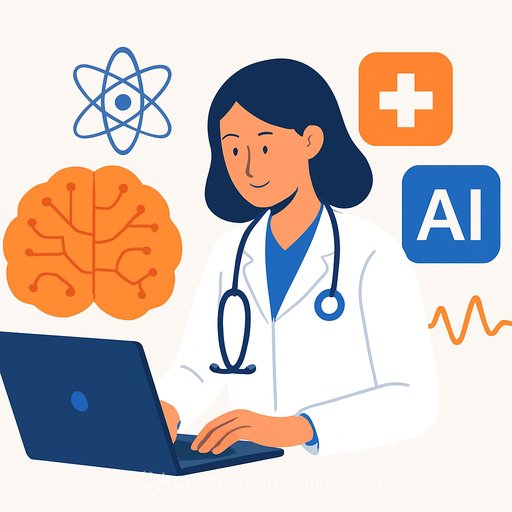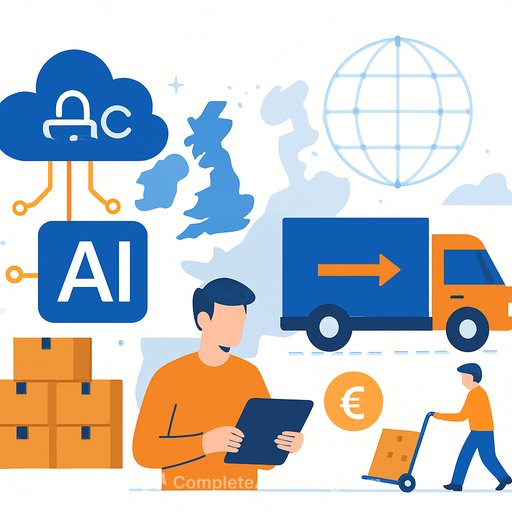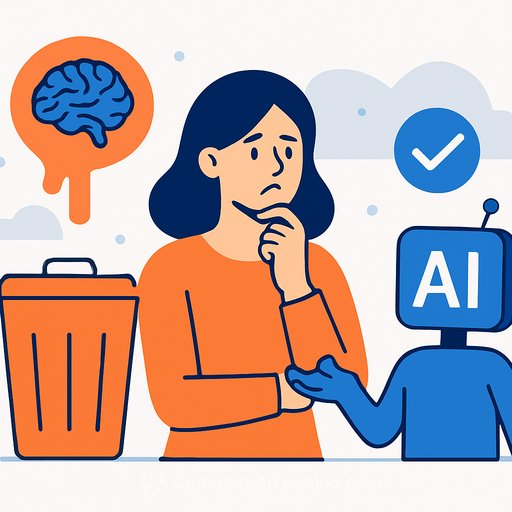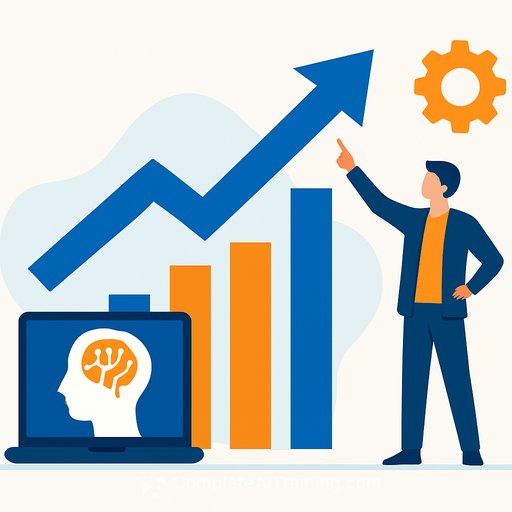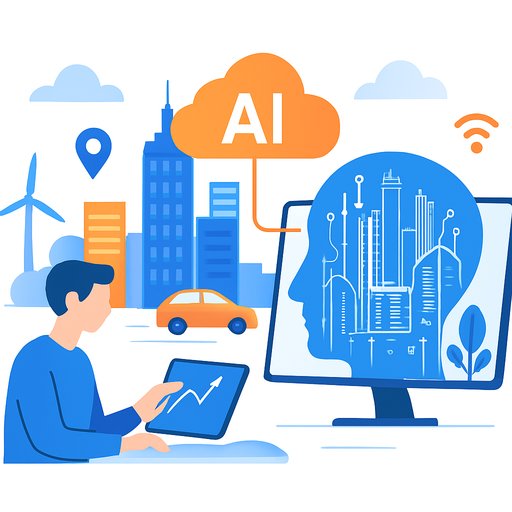AI and BIM: Reimagining Healthcare Facilities with AEC/O Lifecycle Innovation
Healthcare organizations face rising costs, operational challenges, and increasing regulatory pressures. Hospitals struggle with growing demand, strained capacity, and the impact of global material shortages and labor constraints. These issues complicate construction and renovation efforts, highlighting the need for smarter, more efficient building and management solutions.
Advancements in artificial intelligence (AI), combined with Building Information Modelling (BIM), offer a promising path forward. Integrating these technologies can accelerate modernization and support the creation of healthcare facilities that are resilient and ready for future demands.
Centralizing Data and Optimizing Management Across the Building Lifecycle
One of the biggest hurdles in hospital construction and maintenance is handling the immense volume of data generated throughout the building lifecycle. Without a unified system, collaboration suffers, costs rise, and errors increase.
Cloud-based platforms like dRofus centralize project data and provide real-time insights for all stakeholders. For example, the Glasblokkene Trinn 2 children’s hospital in Bergen, Norway, used a digital twin created from dRofus’ database to streamline planning and construction. This approach reduced delays and prevented costly mistakes by ensuring everyone had access to accurate, up-to-date information.
This method, known as Building Lifecycle Intelligence, bridges data gaps and supports long-term operational efficiency. As AI and machine learning become more integrated, these tools will offer deeper insights, improve predictions, and automate more processes across the facility lifecycle.
Improving Hospital Safety and Regulatory Compliance
Hospitals must meet strict safety and regulatory standards, which can be costly and time-consuming to maintain. Traditional inspections for fire walls, ventilation, and alarm systems rely heavily on manual processes, leading to inefficiencies.
Digital solutions like Imerso combine BIM, reality capture, and AI to automate construction oversight and safety inspections. At Nyt Hospital Nordsjælland in Denmark, Imerso’s AI-driven software streamlined firewall construction and compliance. This automation accelerated the project timeline, boosted productivity, and saved an estimated €5.2 million.
Ongoing use of Imerso increased monitoring capacity by 15 times while using just 7% of the resources compared to previous methods. Such tools help healthcare facilities maintain safety standards more effectively and with fewer resources.
Supporting Healthcare’s Rapid Evolution
AI-powered systems improve as they are adopted and fine-tuned. Their applications are broadening to meet emerging healthcare trends, including sustainability and decentralization of care.
Hospitals contribute significantly to global carbon emissions—about 5% worldwide and 8.5% in the U.S. Regulatory programs like the UK’s Sustainability & Transformation Plan and the International Joint Commission’s Healthcare Sustainability Certification push for reduced environmental impact.
AI enables virtual simulations during design and construction to assess environmental effects and identify efficiency strategies. In facility operations, AI-driven monitoring and predictive maintenance reduce energy use and waste.
There is also growing demand for smaller, community-based healthcare centers and modular units. These require fast, flexible construction and renovation solutions, where tools like dRofus and Imerso improve space optimization and compliance.
The healthcare sector is moving toward digital transformation, and AI is becoming crucial to keep infrastructure aligned with evolving demands. These technologies are set to enhance how hospitals are built, maintained, and operated, ultimately improving patient care worldwide.
For professionals interested in expanding their AI knowledge applied in healthcare and construction, exploring courses and certifications can be valuable. Resources like Complete AI Training's latest AI courses offer practical skills to stay ahead in this evolving space.
Your membership also unlocks:

